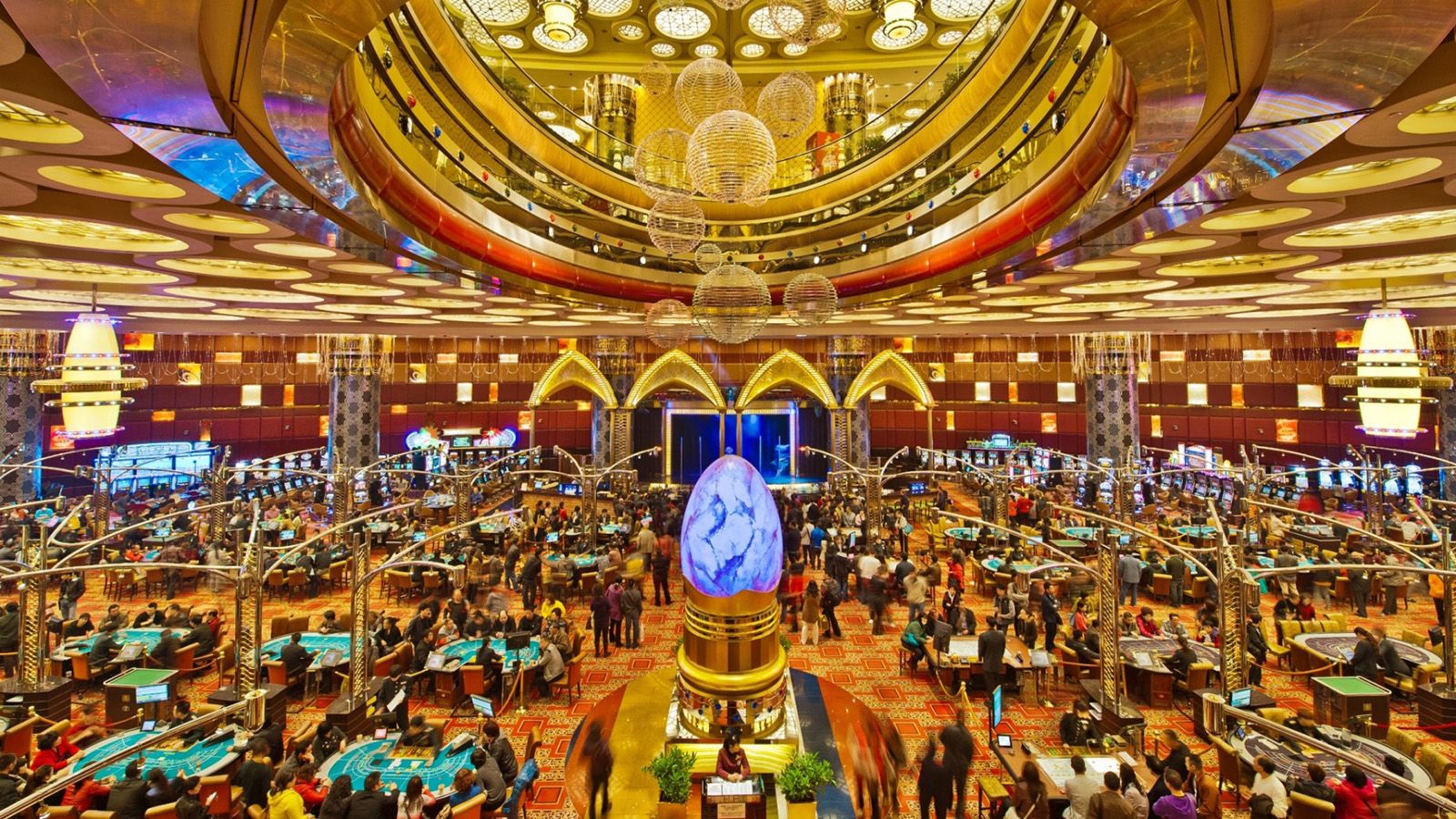
In the world of gambling, where chance and strategy converge, a unique tapestry of beliefs emerges—one that weaves together luck, fate, and the enigmatic nature of casino games. Casinos, bustling with excitement and anticipation, are not just venues for placing bets; they are also arenas where superstitions thrive. From the novice player to the seasoned gambler, these mysterious practices often shape how individuals approach the games they play, holding the belief that their actions can influence the outcome in ways that go beyond mere probability.
As players gather around roulette wheels, blackjack tables, and slot machines, the atmosphere is thick with stories of lucky charms, rituals, and codified behavior that defy logic yet provide a sense of comfort. Whether it’s wearing a specific outfit, following a particular sequence of bets, or even avoiding certain numbers, the attachment to various superstitions reflects a deep-rooted desire to control the uncontrollable. This article delves into the captivating world of casino game superstitions, exploring the beliefs that simultaneously entertain and mystify those who dare to play.
Historical Beginnings of Superstitions
Casino games have long been entwined with an array of superstitions that can be traced to ancient civilizations. The beginnings of these ideas can be linked to humanity’s intrinsic need to control the uncertain outcomes related with chance and randomness. In ancient civilizations, activities of uncertainty were often connected to religious practices. Gamblers would call upon aid or request favor from spirits, believing that their actions could change the odds in their benefit. This basis laid the foundation for the myriad of superstitions that proliferated as gambling evolved over ages.
During the medieval age, betting became a common activity across European nations, and with it, a diverse tapestry of superstitions appeared. Participants adopted numerous rituals and charms, believing they could change the consequences of games. The significance of numbers, in particular, started to show in superstitions related to card games and dice. The number seven was often considered auspicious, while other numbers carried unfortunate connotations. These ideas mirrored the social contexts of the time, changing as they transferred through generations and adapted to emerging gaming environments. KUBET
As gaming establishments emerged in the 17th century, particularly in Italy and France, the atmosphere surrounding betting became steeped in mystique. The growing availability of gambling games allowed for the dissemination and diversification of superstitions among players. Concepts like fortunate charms, specific seating locations, and rituals gained prominence, creating a distinct culture within casinos. As these traditions continued to thrive, they became essential to the identity of gambling activities, illustrating how historical developments and culture shape the notions that influence how participants interact with luck.
Common Casino Superstitions
Superstitions surrounding casino activities are abundant and diverse, mirroring the hopes and fears of players as they engage in random games. One of the most common beliefs is that specific digits bring fortune or misfortune. For example, the digit 7 is often seen as a lucky digit, frequently sought after by gamblers looking for a positive result. Conversely, the digit 13 is routinely considered unlucky, leading many gamblers to steer clear of it during their gaming periods.
A frequent belief relates to rituals that players believe can affect their chances. Whether blowing gently on the dice before a throw, using a particular gesture to place a wager, or even putting on specific items of attire, many people feel that these rituals can tilt luck in their benefit. These practices offer a feeling of control in an otherwise unpredictable environment, reinforcing the idea that fortune can be manufactured through individual beliefs and habits.
Lastly, the environment and vibe of the casino itself adds to superstition. Many players suggest that the presence of specific icons, such as four-leaved clovers or lucky tokens, can enhance their chances of success. Additionally, players might hold to the belief that victory streaks can be interrupted by mundane occurrences, such as a person passing by or a spill at the table. The shared environment in a gambling house can amplify these superstitions, creating a communal culture of myths that goes beyond single experiences.
Impact of Superstitions on Players
Superstitions play a important role in the psychology of gamblers, often influencing their actions and decision-making. Numerous gamblers think that luck can be manipulated through different rituals, such as donning a talisman, choosing particular hues, or steering clear of particular digits. This reliance on superstitions can create a feeling of authority in an environment that is intrinsically unpredictable. Players frequently feel more self-assured and engaged when they think that their actions could sway the outcome of a game in their favor.
The influence of these superstitions extends past individual players, affecting the general atmosphere within the casino. For example, a player who holds the belief in the luck of a particular slot machine might attract a gathering, as others are intrigued by their apparent success. This collective belief can heighten excitement and create a dynamic environment, leading to an captivating experience even for those who may not necessarily be superstitious. The excitement around certain games can lead to increased participation and extended playing sessions, supporting the casino’s vibrant social scene.
In some instances, superstitions can lead to harmful effects for players. Relying too much on rituals can result in poor gambling decisions, as some may overlook basic strategies in favor of baseless beliefs. Additionally, the stress to perform rituals may heighten anxiety and stress levels, diminishing from the enjoyment of the experience. Ultimately, while superstitions can enhance the thrill of playing casino games, they can also lead to poor choices that overshadow the enjoyment and entertainment intended in the casino experience.
